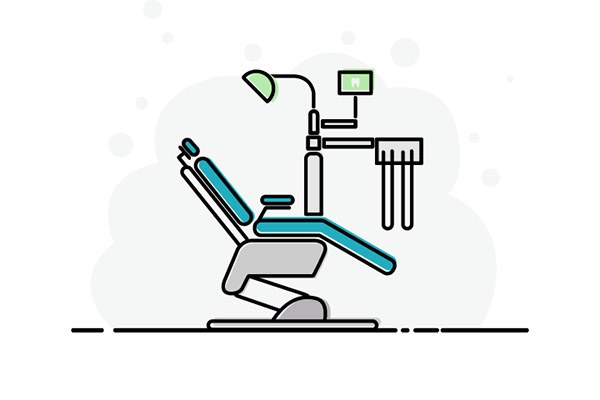 Finding out that you need a root canal does not have to be terrible news. In truth, tales of discomfort from root canals are highly exaggerated. Many find them no more uncomfortable than having a cavity filled. Preparation can also make the whole procedure (and recovery process) go more smoothly. Check out our tips to help you prepare for your root canal procedure.
Finding out that you need a root canal does not have to be terrible news. In truth, tales of discomfort from root canals are highly exaggerated. Many find them no more uncomfortable than having a cavity filled. Preparation can also make the whole procedure (and recovery process) go more smoothly. Check out our tips to help you prepare for your root canal procedure.
How to prepare for a root canal
Get enough sleep the night before
Not getting enough sleep before a root canal can make the lead-up to the procedure more difficult. For example, sleep deprivation may increase anxiety about the procedure. It could also impact the efficacy of anesthesia (patients may be put to sleep for a root canal, although conscious sedation may also be an option). On the other hand, being well-rested better prepares the body for the procedure and sets the patient up for an easier recovery. After all, the body heals during sleep.
Do not use alcohol or tobacco for at least 24 hours
Similar to not getting enough sleep, drinking alcohol and using tobacco can complicate root canals and prolong the recovery period. Both of these substances can slow down healing. Other factors could also get in the way of oral surgery, such as how alcohol and tobacco decrease salivation production, influence the nervous system, and alter blood flow and heart rate.
Consider taking a pain reliever
Ask the dentist whether taking a form of pain reliever medication before a root canal could make the procedure easier on the patient. This option can be beneficial when inflamed gum tissue surrounds the affected tooth. However, do not take a pain reliever without consulting the dentist first. For some patients, taking any medication before anesthesia may not be recommended.
Eat before the root canal
It can help to eat a nourishing meal before getting a root canal. The anesthesia (and any pain or discomfort once it wears off) will make eating difficult in the hours after the procedure. According to postoperative guidelines, eating before a root canal reduces the chances of feeling hungry soon after the procedure. Dentists recommend eating only soft, bland foods — such as applesauce, yogurt, and non-spicy soups — for the first few days.
Prepare for the recovery period
Patients put under anesthesia for a root canal should not drive themselves home. Instead, arrange for a trusted friend or family member to transport the patient. Ask if this loved one would be willing to stay home with the patient at least until the effects of anesthesia subside.
Running errands or doing chores immediately after oral surgery is not recommended. Therefore, it can help to have the home ready for when the patient gets home. Keep soft foods and over-the-counter (OTC) pain medication on hand. Acetaminophen or ibuprofen should suffice. Have a comfy place ready for the patient to rest for the next 24 to 48 hours.
Call for more information
Oral surgery can be stressful. However, taking time to prepare for it can help reduce this stress. To learn more about proper planning and preparation for root canals, call our office today.
Request an appointment or call Dragonfly Dental of Port Charlotte at 941-676-9225 for an appointment in our Port Charlotte office.
Related Posts
Dental sealants are used in general dentistry to protect teeth from developing cavities. They form a defensive layer on top of molars and premolars to prevent food and germs at bay. Here is additional information on how the dental industry utilizes sealants to protect patients' teeth.Sealants are slender plastic coatings that dentists paint onto the…
A tooth fracture can occur from many causes, such as accidents, grinding teeth, eating hard foods, and aging. Fractured teeth do not heal themselves, so visiting your general dentistry professional in the event of a cracked, broken, or fractured tooth is always advisable.Cracks in your teeth can manifest in different ways. Some are painful and…
If you have cracked, chipped, worn, or otherwise damaged teeth, chances are they are not beyond hope. Several general dentistry procedures exist to improve the appearance of your smile and strengthen your teeth and improve their function. Your dentist can explore all the options available to you and how each can benefit your smile.In the…
